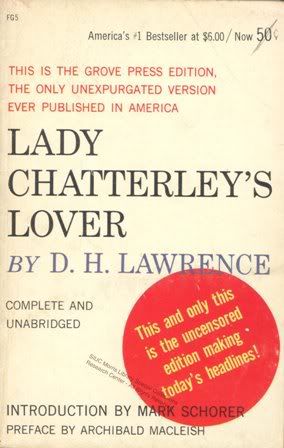>We’ve just got word from Jennifer Lyon Bell that her CineKink award-winning short film, Matinée, has been banned from screening publicly in Australia.

Jennifer’s piece was scheduled to run tomorrow at the Melbourne Underground Film Festival. But the event has been informed by the nation’s censorship board, the Office of Film and Literature Classification, that of all of the selections submitted for permission to screen as “unrated”–which is typically how Australian festivals are able to screen independent works which haven’t gone through a costly classification process–Matinée could not be exhibited. (Another film presented at CineKink, Tony Comstock‘s documentary Damon & Hunter enjoyed this dubious distinction back in 2006!)
In a statement of protest published by MUFF, Jennifer questions the OFLC’s decision:
The sexual relationship portrayed by the characters Mariah and Daniel in Matinée is not only a consensual, emotional and nuanced relationship, but their sex plays an important role in the story of the film. The story is not tacked on to the sex; rather, the story has everything to do with the way the characters continue to communicate nonverbally throughout the entire sex scene.
And festival director Richard Wolstencroft, after extolling the work’s artistic merits and noting its relevance in promoting a positive view of female sexual empowerment, criticizes the ban as sexist and hypocritical in light of other recent descisions by the OFLC :
Lars Von Trier’s ‘Antichrist’ was recently passed by the OFLC for the Melbourne International Film Festival. This film depicts extremely high levels of sexual violence and genital mutilation, and encourages a phallocentric vision in its audience that touches on the idea that women are inherently evil. ‘Matinee’ depicts actual sex between two adults in a loving and consenting partnership, and significantly it focuses on the importance of women’s pleasure in sexual intimacy, and presents a remarkably strong female lead. Passing ‘Antichrist’ but banning ‘Matinee’ reveals a tendency in the OFLC to suppress films which strengthen female sexuality on screen and to allow films which encourage view that female sexuality is damaged, fractured or violent.
There’s been some talk that MUFF will go ahead with its originally intended screening as an act of civil disobedience. That would be as part of the Mini Muff Session #5, scheduled for Wednesday, August 26 @ 7pm.



